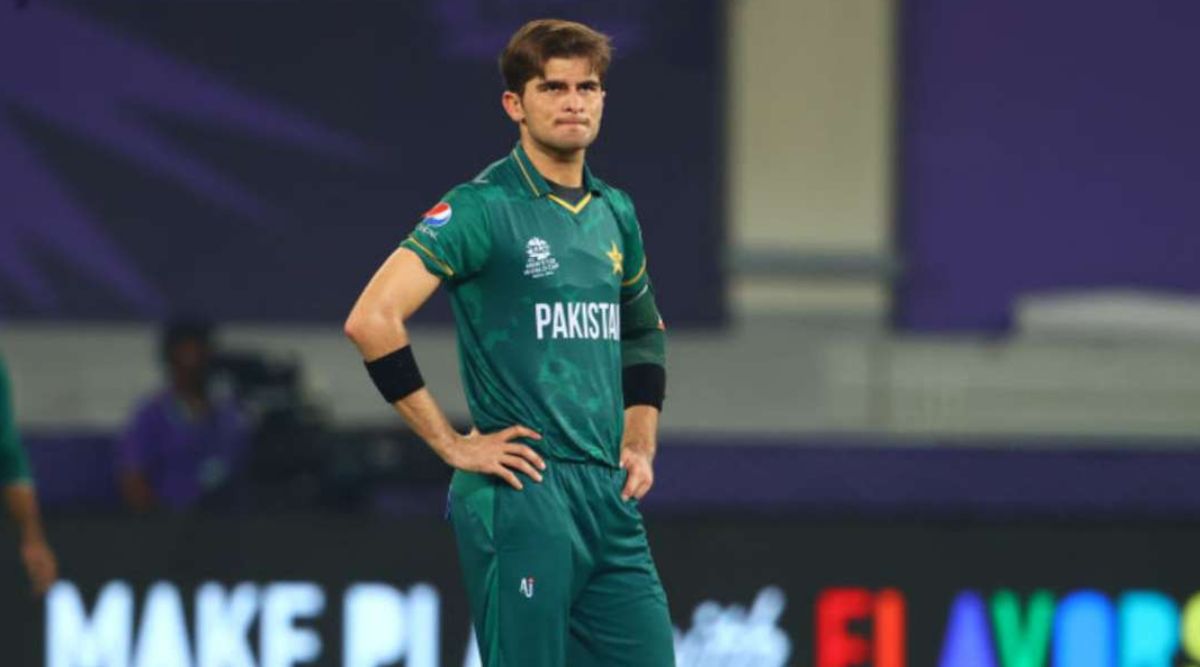As the Indian aviation sector undergoes a churn, with a privately-owned Air India and new players like Akasa Air potentially mounting a challenge to market leader IndiGo, the carrier’s new chief executive Pieter Elbers said that competition in the country’s aviation market is a “good thing” for consumers as it creates higher access to the market.
Air India recently announced a plan to raise its market share to at least 30 per cent in the domestic market over the next five years. Last month, Air India had a domestic market share of 8.5 per cent, while IndiGo’s was 57.5 per cent, according to data released by the Directorate General of Civil Aviation (DGCA).
In August, which was its first month of operations, Akasa Air carried 24,000 passengers, accounting for 0.2 per cent of market share. The airline has since added several sectors on its route map, including from Delhi.
“If we look at the percentage of air travel in India today, it is still relatively small. So there is an enormous potential for growth in the industry. And with that reality, the fact that there is more and maturing competition, it is a good thing. It will provide more people the ability to travel, create better service standards and higher access to the market. So, we are welcoming the competition,” Elbers said, in response to a query by The Sunday Express.
“At the end of the day, there are basically two aircraft types and three seat types you can buy. But what stands out is the people who run the airline and that is where IndiGo has made such a big difference. So are we afraid of competition? No, we are not because we have great people.”
He was speaking on the occasion of IndiGo completing its first flight to its 100th destination, Ras Al-Khaimah, one of the seven emirates of the UAE.
Elbers said that passengers who took the flight to Ras Al-Khaimah from Mumbai had flown in from ten different Indian cities. He added that with the growth of India’s economy and more businesses being set up, international connectivity will be a key priority area for the airline even as it expands domestic connectivity. “It is a good time to further expand our network and with India’s economic growth, more businesses are being developed. So, more international connectivity starting with regional connectivity is one of the key priorities for our company going forward.”
He also hinted that the Airbus A321 XLR (Xtra Long Range) aircraft that IndiGo is likely to receive in 2024-25 could have a business class component. This would be a first for the airline, which has so far offered only economy class. The aircraft has an extended range over the regular A321s and allows for 7-8 hours of flying time, opening up possibilities for flying to key international destinations.
Newsletter | Click to get the day’s best explainers in your inbox
Prior to joining Indigo, Elbers spent over 8 years heading Dutch flag carrier KLM — a network carrier that feeds several parts of the world through various types of aircraft from its hub in Amsterdam. Asked if he would experiment with a similar model at IndiGo, he said the Indian market is very different from the Netherlands. in size and in nature, and it may not be ideal to replicate the same model in the country
“KLM had one hub and from that one hub we connected flights to different parts of the world. The difference with IndiGo is that we don’t have one hub, we have multiple places in India, there are huge metro cities. So the fact that we operate not only out of the big metros but also from airports in smaller cities provides a lot of connectivity options,” he replied.
“There are some similarities (with the hub model at KLM), but it is still very different in itself given the nature of the network Indigo is operating here.”
(The reporter is in Ras Al-Khaimah, UAE, at the invitation of IndiGo)





